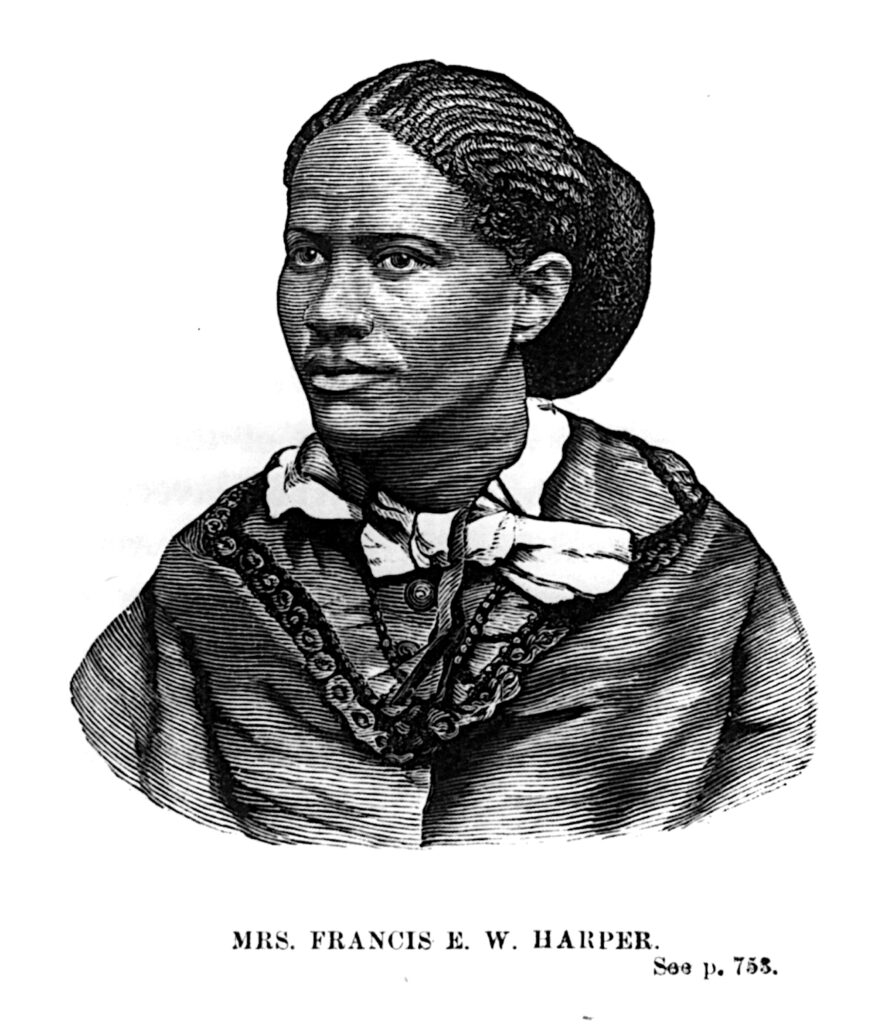Part Four of a history I’m writing, telling the story of Unitarians in Palo Alto from the founding of the town in 1891 up to the dissolution of the old Unitarian Church of Palo Alto in 1934. If you want the footnotes, you’ll have to wait until the print version of this history comes out in the spring of 2022.
Part One — Part Two — Part Three
Years of Turmoil, 1915-1920
The American Unitarian Association sent William Short, Jr., to be the next minister of the Palo Alto church. Short, the son of an Episcopalian priest who had died when he was just 17 years old, entered the Episcopal Theological school, in Cambridge, Mass., in 1912. He became interested in Unitarianism, and two days before he graduated from the Episcopal Divinity School, he applied for fellowship as a Unitarian minister. Louis Cornish and others at the American Unitarian Association advised him to serve as assistant minister under some more experienced Unitarian minister, but Short insisted he was ready for his own parish. Cornish later remembered that Short had “the ready gift of awakening friendship in other men.” After serving as the summer minister in the Unitarian church in Walpole, Mass., Cornish assigned Short to the Palo Alto church. Short arrived in Palo Alto in November, 1915.
At first, it seemed like a good match between congregation and minister. True, the Sunday school enrollment dropped from 90 students in 1915 down to 54 the next year, but under Emma Rendtorff’s leadership enrollment rebounded to 63 students in 1917. Church membership was low in 1916, with just 40 members, and that probably represents a significant decline. But for a small church, it was quite active:
“[In winter, 1916-1917] the church hall [i.e., the Social Hall] has given hospitality…to Mr. John Spurgo, the noted Socialist speaker; to the American Union against Militarism, which is earnestly fighting the cause of democracy; and to Mme. Aino Malmberg, a refugee from the persecutions of Old Russia.… Two physical training clubs for women and girls have their home in the hall, as well as a club to encourage the finer type of social dancing. The church passed a resolution of approval of the visit of Mr. Short to Sacramento in March [1917] in the interests of the Physical Training bills.”
It appears that much of this activity sprang from Short’s theory of religion:
“[I]f religion is to awaken and triumph over the soullessness of life it must be based on unquestionable sincerity and bear a stirring message for the oppressed and the outcasts of society; it must be the potent factor in the reconstruction of the social order.…”
But none of this activity really had much to do with Unitarianism. The church was proud that the “pamphlet-rack in the vestibule must constantly be refilled,” but the congregation was the smallest it had ever been since the completion of the church building in 1907.
By early 1917, William Short decided he didn’t want to continue working as a minister any more. On March 15, 1917, after just a year and a half serving the Palo Alto church, he wrote to Louis Cornish, “I have failed [as a minister in Palo Alto], and my intention is to try to understand life better before I try to preach again in some other place.” Short’s resignation was not even mentioned in the minutes of the Board of Trustees.
Short was a strong pacifist: his next job was with the People’s Council of San Francisco, an anti-war group, and he wound up being arrested for draft evasion in 1918 after military authorities decided he was not exempt from the draft under the exemption for ministers. As a pacifist, Short inspired some of the pacifists in the Palo Alto church, including Guido Marx, who attempted to bail him out of jail when he was arrested for draft evasion. But Short also annoyed the pro-war contingent in the congregation, and the simmering conflict between the two groups split the church and contributed to the decline in membership and participation during the war years. When Alfred S. Niles came to the church in 1927, more than a decade after Short had left, he was told that “the minister at the time of World War I had been a pacifist and conscientious objector, and this had caused a split in the church from which it never recovered.” By all accounts, Short’s ministry ended in failure.
The Palo Alto church was at such low ebb after Short’s departure that a denominational field representative “recommended the merging of the San Jose and Palo Alto churches” in April, 1917. Denominational officials agreed, and “proposed the federation of the churches for reasons of economy in January, 1918.” However, the San Jose Unitarians were not interested in merging, and they began to raise funds and increase their membership; by early 1920, the San Jose Unitarians paid off all their debt to the denomination. The denomination was stuck with the Palo Alto church, and had to figure out what to do with it.
Continue reading “Unitarians in Palo Alto, 1915-1920”


